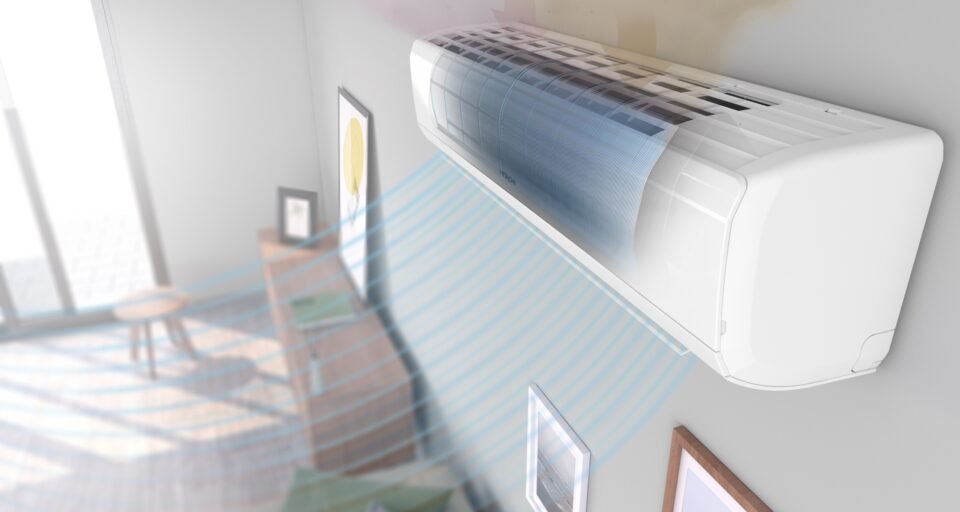The conversation around air conditioning is definitely much larger than simply installing a cooling unit in the room. It is all about the modern-day importance of air conditioning systems that primarily manage and improve air quality indoors—the super systems that do more than just regulate temperature. They create a health and comfort atmosphere that has well-being factors.
Filtering Out Harmful Particles.
Of the things that make air conditioning systems great guardians of indoor air quality, it is super-advanced filtration mechanisms primarily designed to capture dust, pollen, pet dander, and other microscopic particles so these thermo mould entities can’t travel. These super filters work on a 24 x 7 cycle, removing would-be irritants from an environment for inhalation by the occupants.
Humidity Control and Comfort.
One of the greatest contributions of air conditioning is reducing levels of humidity. This, therefore, creates a very conducive environment for the growth of mould and, as you would imagine, dust mites too. Thus, by keeping good levels of humidity at work, air conditioning would really go miles in ensuring that all these health implications are left at bay and that possible comfort and healthiness inside are attained.
The best aspect of air conditioning.
Pollutants are lessened significantly by the small, new, and modern air conditioning systems that promise some form of comfort within the proximity of buildings and houses. Even very new air conditioning units play an important role in reducing contamination from air pollutants within buildings. These modern air conditioners actually absorb pollutants from indoors, as well as externally. These include dust, smoke particulates, and environmental pollutants.
The ventilation and circulation of air
Great as it may go; the feature of air conditioning goes beyond a simple cooling process. These systems indeed prove to be the major factor for bringing in all-new or fresh air into the house and moving the air continuously within it. Proper cleaning would avoid the accumulation of stagnant air and result in reduced indoor pollutants. Main airway, access point openings, and control devices. People with allergies or respiratory conditions particularly benefit from the comprehensive air purification process.
Temperature Regulation and Well-being
Temperature plays a significant role in overall comfort and health. Air conditioning helps maintain a consistent, comfortable temperature that supports physical and mental well-being. Extreme temperatures can cause stress, disrupt sleep, and impact overall health, making temperature control an essential aspect of indoor air management.
Protecting Sensitive Environments
Certain spaces require precise air quality management. Homes with young children, elderly individuals, or people with health conditions benefit tremendously from controlled indoor environments. Air conditioning provides a stable, clean air environment that supports the health of more vulnerable population groups.
Technology and Air Quality Improvement
Technological advancements have transformed air conditioning systems into sophisticated air quality management tools. Modern units come with multiple filtration stages, smart sensors, and advanced purification technologies that continuously monitor and improve indoor air conditions.
Conclusion
Understanding the importance of air conditioning helps us appreciate these systems as more than just cooling devices. They are complex technologies that actively contribute to our health, comfort, and quality of life. From removing harmful particles to maintaining optimal humidity and temperature, air conditioning plays a pivotal role in creating ideal indoor environments.

